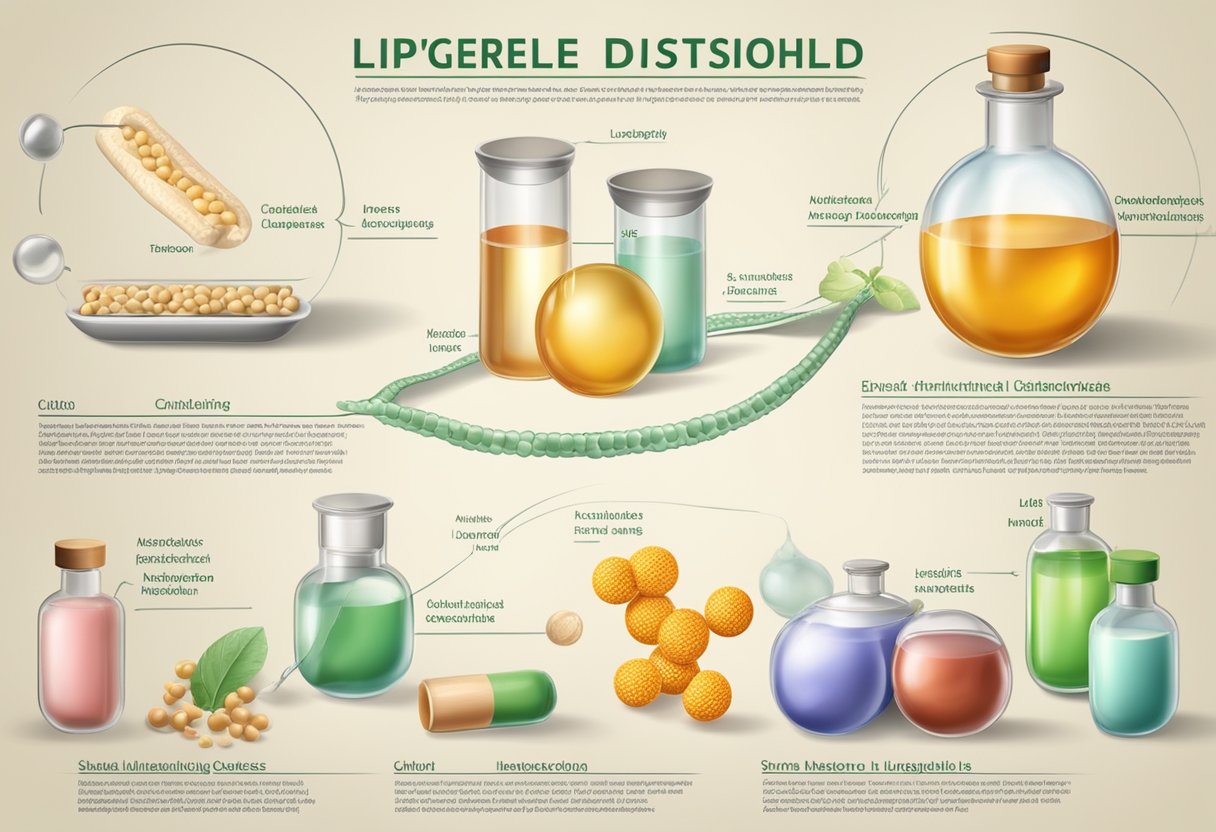Types Of Lipids
Lipids are a diverse group of organic compounds that are essential for life. They are found in all living organisms and play a vital role in various biological processes. Lipids are non-polar and hydrophobic, which means they are not soluble in water. Instead, they form structures such as membranes, which are critical for the function of cells.

There are several types of lipids, including fatty acids, triglycerides, phospholipids, and sterols. Fatty acids are the building blocks of lipids and are used for energy storage. Triglycerides are the most common type of lipid and are used for long-term energy storage. Phospholipids are a critical component of cell membranes, and sterols are involved in various biological processes such as hormone production.
Understanding the different types of lipids is essential for understanding their role in the body and their importance in maintaining overall health. In this article, we will explore the various types of lipids, their functions, and their importance in the body.
Key Takeaways
- Lipids are a diverse group of organic compounds that are essential for life.
- There are several types of lipids, including fatty acids, triglycerides, phospholipids, and sterols.
- Understanding the different types of lipids is essential for understanding their role in the body and their importance in maintaining overall health.






